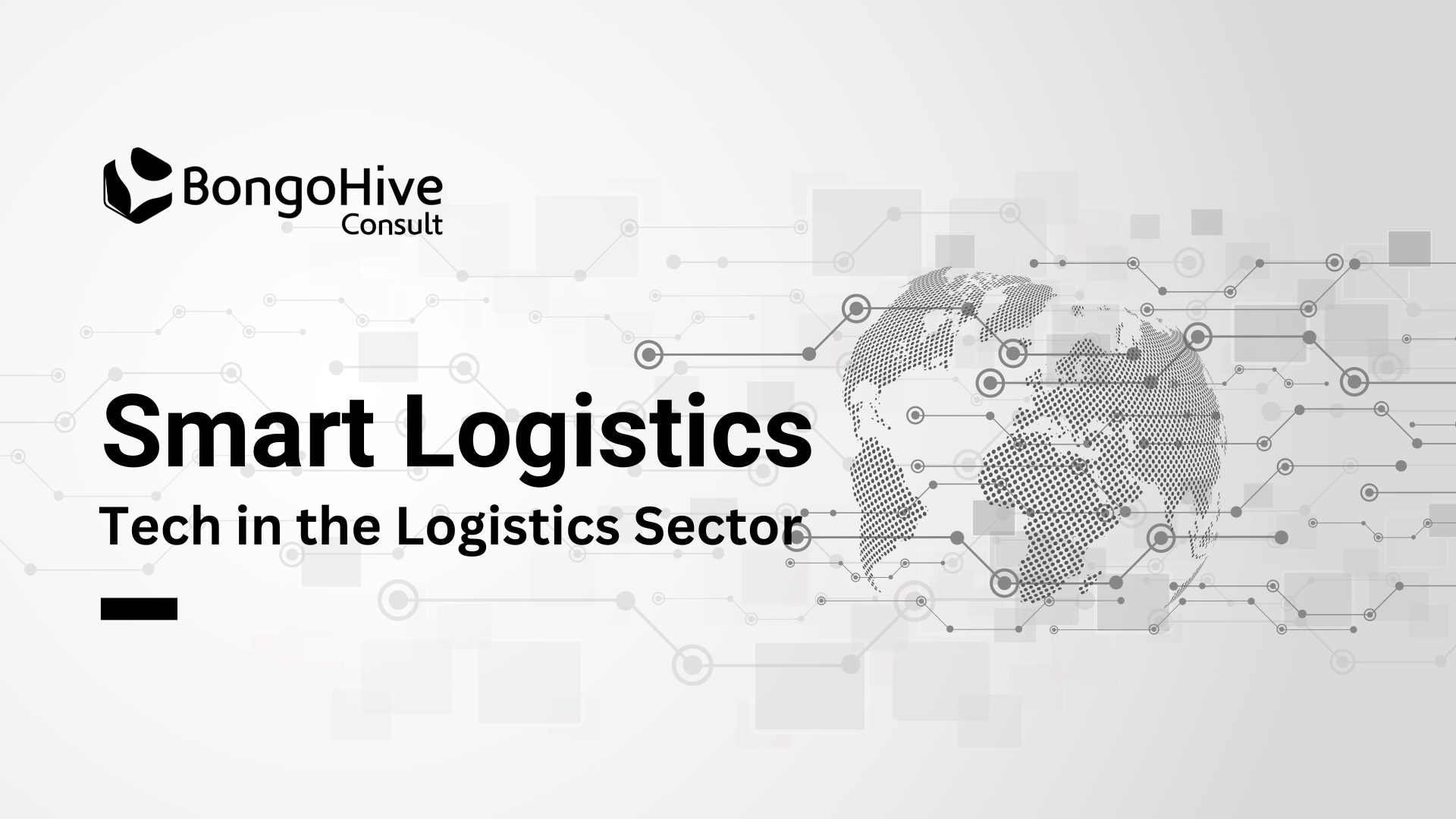
As internet perforation continues to increase in Africa, more opportunities arise to incorporate technology in all sectors of society. According to the World Bank’s International Telecommunication Union ( ITU ) World Telecommunication/ICT Indicators Database, internet penetration rates in Africa are increasing by 10% each year, thus making Africa an ideal location for technological growth.
In recent years, Zambia has seen a steady increase in the integration of technology across diverse avenues of the economy ranging from health care to finance. A particular area that stands to greatly benefit from this growth is the logistics space; the use of technology in the logistics actor is slowly giving rise to smart logistics.
What is Smart Logistics?
BCI Global defines smart logistics as a concept that refers to the use of advanced technologies, such as artificial intelligence, the Internet of Things (IoT), and data analytics to optimise and streamline logistics operations.
What is the impact of incorporating technology into the logistics sector?
The logistics industry is in a critical phase of development and to remain competitive and improve efficiency, it is imperative to keep up with the latest technology in logistics. With more customers, more products, and faster-expected deliveries, supply chains must adapt to stay ahead, and adopting new technology is the key to adapting.
Wika Kawina, a founder of a startup dealing in transport logistics for both domestic and commercial markets called Wilocate Logistics sheds more light on the benefits of incorporating tech in the logistics sector,
—“Consumers in these recent years have gotten tech savvy and incorporating technology in any business automatically makes it more appealing. Customers are expecting quick deliveries, real-time visibility, flexibility, and great customer service.
For example, in the transport logistics sector, technology can be used for real-time visibility. Customers are afforded the ability to see where the truck carrying their cargo is, at any given moment. Not only is this feature important for customers but for business owners as well. Being able to know where your truck is can improve internal operations such as planning for the next load, assigning drivers to customers, delivery estimation and cost planning’’
The founder adds the following advantages of using technology in logistics.
- Increased visibility: Tracking of cargo from pickup until delivery. This is important for the client as they can keep track of the movements of goods resulting in trust and confidence in the business.
- Reduced costs: Technology boosts productivity while reducing costs and ultimately improving service delivery.
- Tracking Software: Additionally, the use of tracking software reduces the need for human intervention and in the long run optimizes delivery routes, lower shipping times, and can help business owners make cost-reduction strategies more effective.
- Faster delivery times: Tracking software as earlier mentioned allows business owners to make predictions such as “which route is quicker” to have goods or services delivered.
Benefits of Smart Logistics in the Business Sector
The logistics sector plays an important role in achieving efficiency for goods and service delivery for business owners and entrepreneurs. Thus, the inclusion of automated processes through technology has proved to be advantageous to businesses in the logistics sphere.
We highlight some of these benefits below:
- The movement of goods and services in a timely and convenient manner has proved to reduce costs and improve customer satisfaction.
- Smart logistics increases efficiency thus improving customer satisfaction.
- The use of technology in last-mile delivery: The last-mile delivery in the transportation sector proves to be challenging especially on the African continent. In many parts of the continent, the last-mile delivery process can be particularly challenging due to poor infrastructure and limited transportation options. However, with the use of drones, electric vehicles, and other innovative technologies, logistics companies may easily reach remote and hard-to-access areas and improve delivery times.
- With smart logistics, the logistics sector stands to improve drastically through effective solutions such as the use of digital platforms to automate customs clearance, using blockchain technology to improve transparency, and using machine learning to optimize routes and minimize delays.
In a nutshell, technology especially in logistics increases efficiency, information management, and coordination of activities. The introduction of technology automates internal processes and systems, therefore, making the company’s operations more systematic and streamless.
In a fast-changing world where technology has been incorporated into every facet of society, the business world cannot afford to be left behind.
In our next article, we bring the conversation home by exploring the smart logistics landscape in Zambia.
Would you like to integrate automotive processes within your organization? Get in touch with us by visiting our website at [email protected] or call +260 97 362 1800
 BongoHive
BongoHive